Cremation Northern Beaches
Choose Me When You Need a Shoulder To Lean On
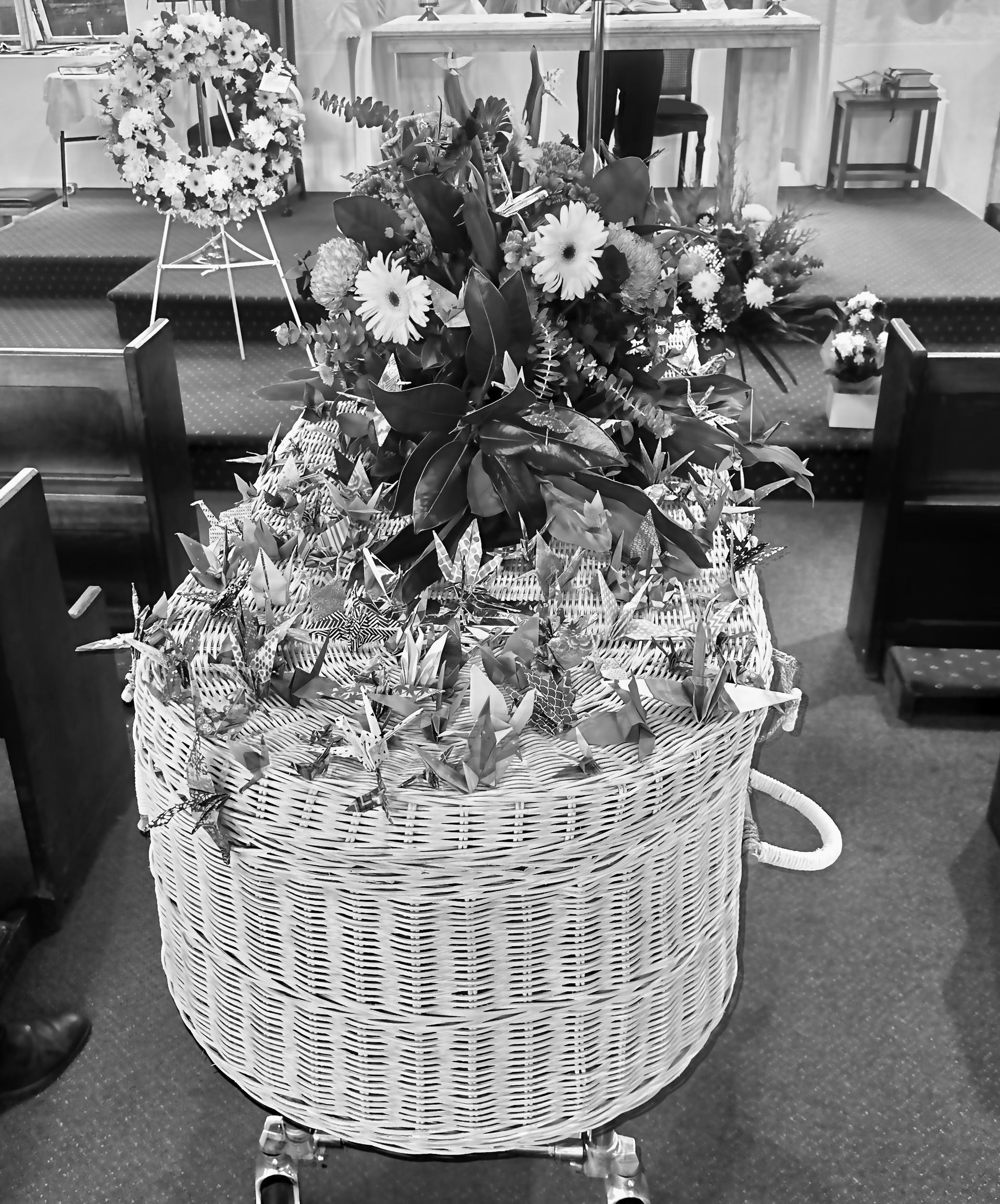
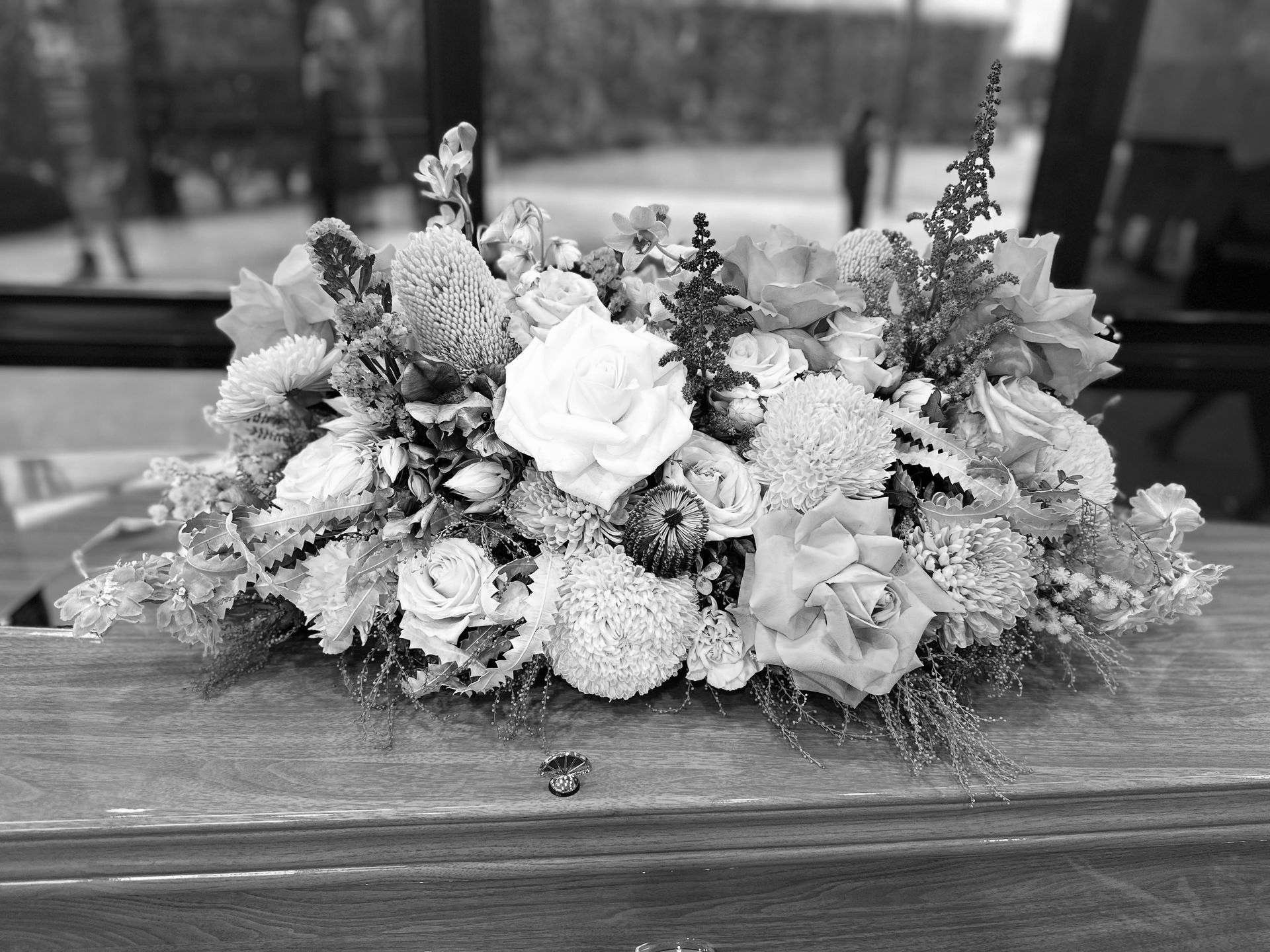
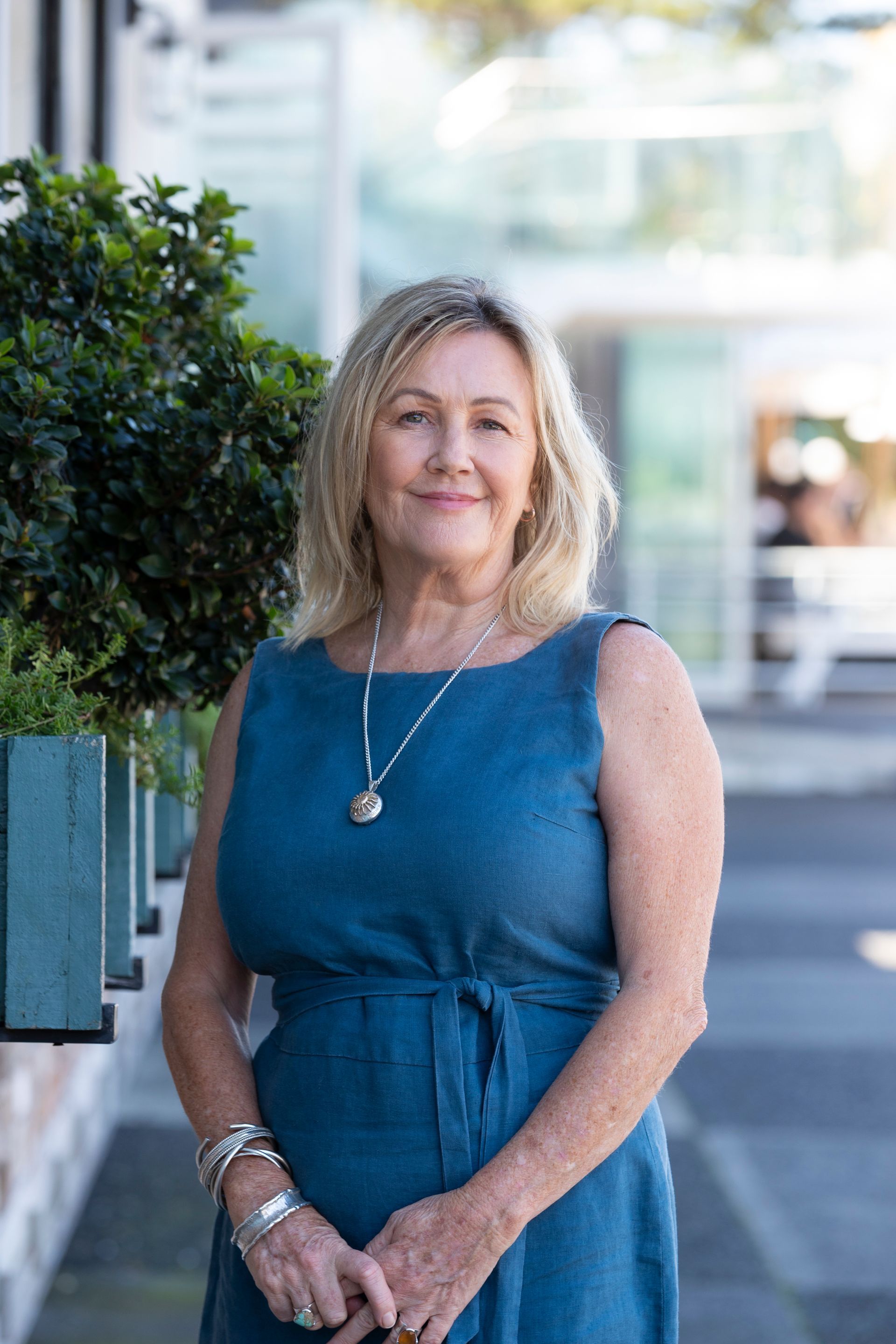
Compassion & Understanding
Your Plan, Not Mine. Families First
Extensive Experience & Expert Advice
Personal Approach & Listening
Competitive Prices
Local & Independant
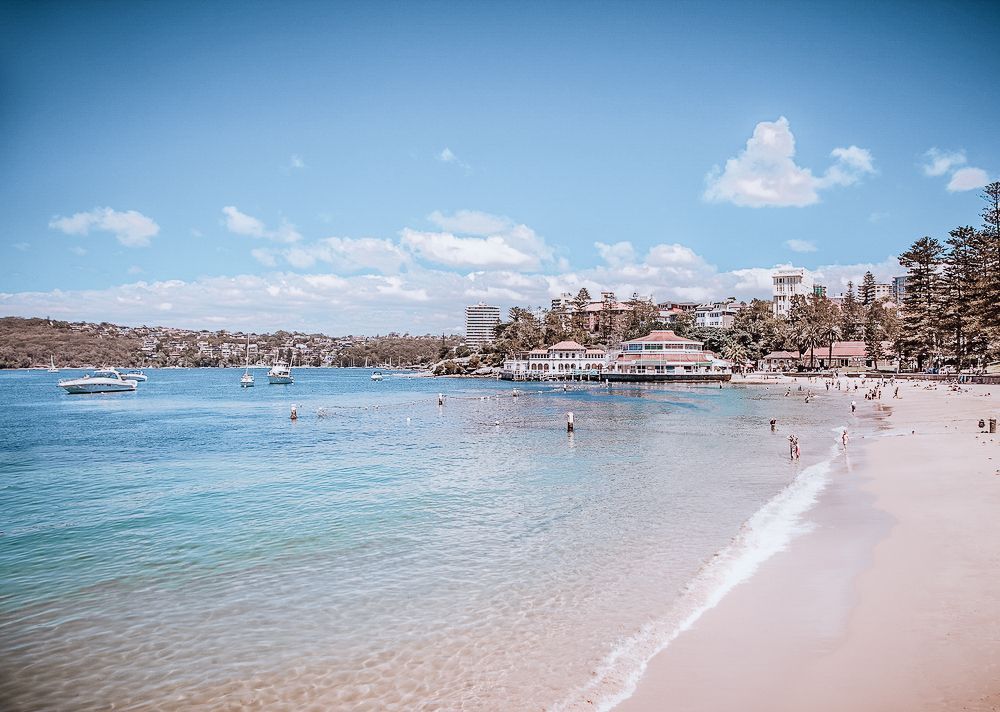
At A Better Way Funerals, we help with Cremations on the Northern Beaches of Sydney
Cremation on the Northern Beaches can be the preferred choice of final resting for many reasons—from cultural and religious reasons to environmental considerations and alleviating the burden of cost. When carried out compassionately and professionally, cremation can provide a dignified farewell that respects the wishes of both the departed and the bereaved. Our cremations are held at Macquarie Park Crematorium and we use low impact cremators.
Keri from A Better Way Funerals is passionate about providing a level of care and attention that matches the significance of the situation. I strive to provide a service tailored to meet the individual needs of each family, ensuring that every detail is attended to with sensitivity.
Located in Balgowlah, I offer cremation packages, direct cremations, burials, life tributes, prepaid funerals and more. My services are available throughout the Northern Beaches.
What do my Cremation Services include?
Cremation is a thoughtful and respectful choice for the final disposition of your family member’s remains. During the cremation process, your loved one will be treated with the utmost care and respect.
You have the option to arrange a
funeral service either in conjunction with the cremation, before it takes place, or afterwards. Additionally, I can assist in coordinating a memorial service at a location of your choosing. This provides an opportunity for you and other family members to come together, pay your respects and remember your loved one.
Afterwards, you can choose to keep the urn containing your family member’s ashes in a special place at home, scatter the ashes in a meaningful location that holds significance to them, or place them in a peaceful cemetery or memorial garden. This way, you can create a lasting tribute that honours your family member’s life in a way that feels most meaningful and comforting to you and your family.

cremation FAQS ON THE NORTHERN BEACHES
Who provides cremation services on the Northern Beaches of Sydney?
A Better Way Funerals in Balgowlah offers compassionate, affordable cremation services across the Northern Beaches. Whether you need a direct cremation or a farewell with a service, we’re here to take care of everything with respect and care.
How much does a cremation cost on the Northern Beaches?
Cremation costs on the Northern Beaches usually start from around $3,575 for a direct cremation. At A Better Way Funerals, we provide upfront pricing with no hidden fees, so you know exactly what you're paying for.
Can I organise a simple cremation without a service on the Northern Beaches?
Yes, many families choose direct cremation for its simplicity and affordability. We offer dignified, no-fuss cremation services across the Northern Beaches, perfect for those wanting a private farewell or a later memorial.
What’s involved in organising a cremation on the Northern Beaches?
We take care of everything—transport, legal paperwork, coordination with the crematorium, and returning the ashes. At A Better Way Funerals, we handle all the details so you don’t have to worry during this difficult time.
Do you offer cremation services in all Northern Beaches suburbs?
Absolutely. We service all suburbs across the Northern Beaches including Manly, Dee Why, Avalon, and beyond. As a local provider, we offer flexible arrangements and home visits to make the process easier for your family.
TRUSTED REVIEWS FROM FAMILIES WE'VE SUPPORTED
Reflections on a Better Way
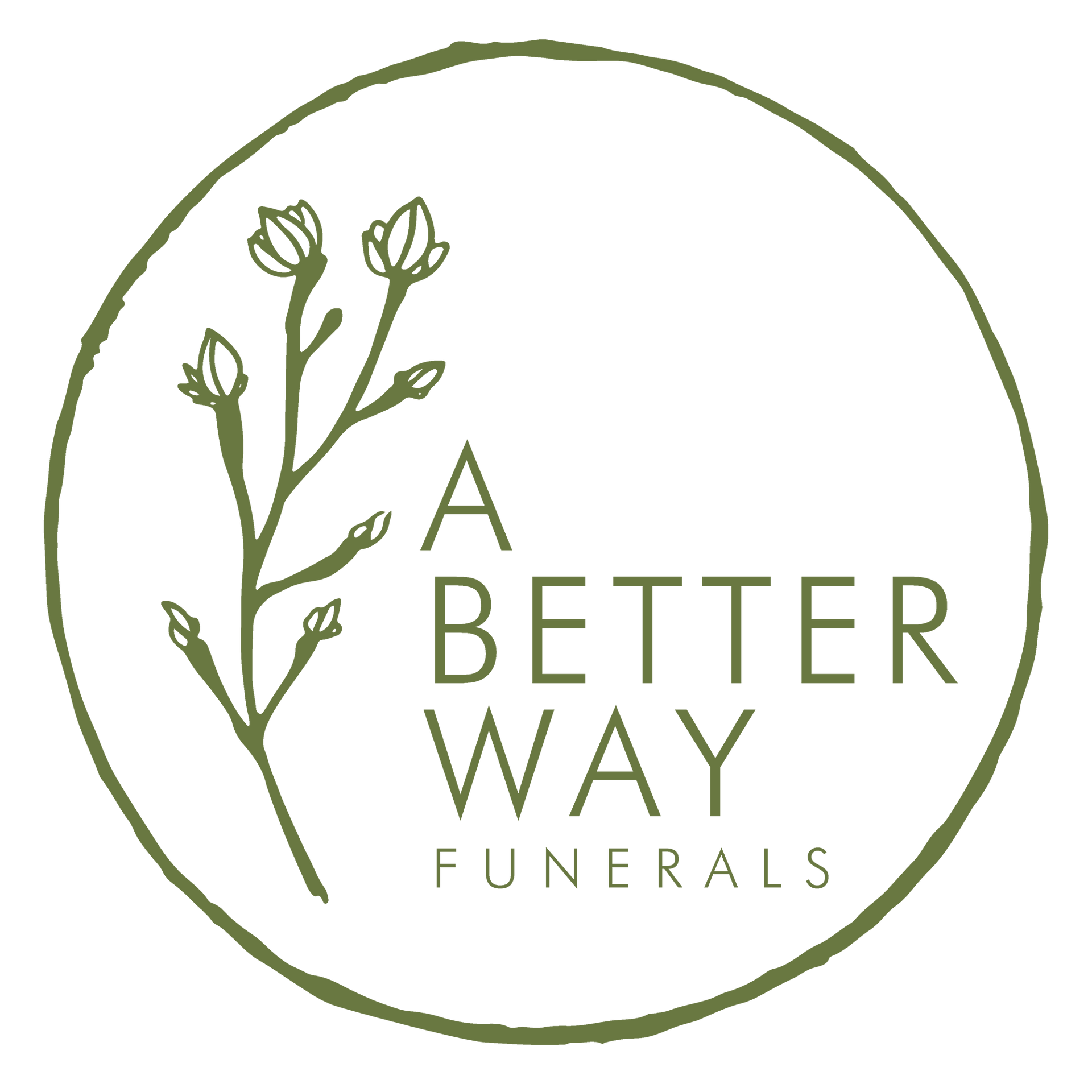
Supportive, Honest and Caring Service
Keri provided our family with warm support together with an effective and efficient outcome, which helped us better deal with our loss. No corporate formula, no upselling, no "this is how we do it". We are happy to recommend Keri to those looking for a better way to do things.

Compassion Beyond Expectation
Keri was amazing! I was blown away by her compassion, kindness and consideration throughout. She listened attentively and followed exactly what was asked and went out of her way to make my sister's funeral both beautiful and seamless whilst also comforting and checking on us all along the way.

Comforting, Genuine and Kind
I’m not sure I can fully express the depth of my gratitude to Keri and her team at Better Way Funerals. From the moment my beautiful mum passed away, Keri guided us with compassion, care and a level of kindness that was both comforting and genuine. I cannot recommend Better Way Funerals highly enough.

Grateful for Better A Way Funerals’ Care
Keri has been a godsend to our family in this difficult time. She was very compassionate and went truly above and beyond with sensitivity. I hope others going through this tough time are lucky enough to use Better Way Funerals.
